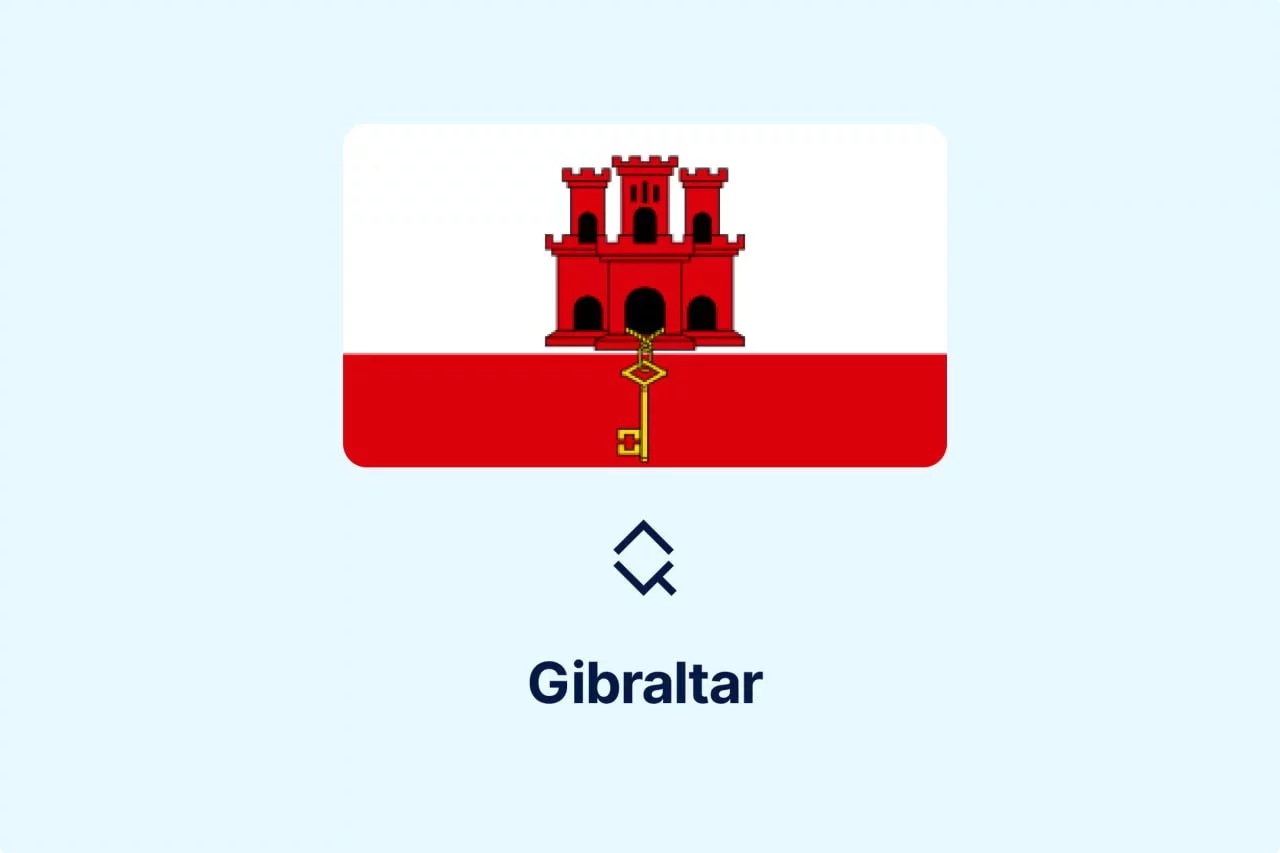EU - DAC 7 Compliance and Digital Platforms

The rapid development of the digital economy and platforms has led to new challenges for tax jurisdictions worldwide. All the developments related to the digital economy resulted in a shift from traditional employment relationships based on employment contracts to more individuals providing self-employed services.
As the number of independent service providers and online sellers utilizing digital platforms increases, the risk that their income is not fully reported becomes greater.
To address this issue on March 22, 2021, the Council of the European Union amended the Council Directive 2011/16/EU, known as the Directive on Administrative Cooperation (DAC), by Council Directive (EU) 2021/514, thus extending the EU tax transparency rules to digital platforms.
What is DAC7?
Since its adoption, the original DAC has been amended six times, thus the current name DAC7. The DAC7 extended the EU tax transparency rules by introducing mandatory rules for digital platforms to collect, verify, and report information on reportable sellers to respective tax authorities.
The scope of the information the platform operator should gather is indicated in the Directive.
Although it was written according to The Model Rules for Reporting by Platform Operators concerning Sellers in the Sharing and Gig Economy (MRDP) published by the Organisation for Economic Co-Operation and Development (OECD) in 2020, the scope of reportable activities has broader definition under the DAC7.
Who is Affected by the DAC7 Reporting Rules?
The DAC7 reporting rules affect both EU and non-EU platform operators. DAC7 defines a digital platform as any software, including websites and mobile applications, through which users can connect with sellers carrying out relevant commercial activity.
However, platforms that allow the processing of payments concerning a relevant activity, users to list or advertise a relevant activity, or users to be redirected or transferred to a platform are not considered to be digital platforms for purposes of the DAC7. They are, therefore, exempt from DAC7 reporting rules.
How DAC7 Affects EU Platform Operators?
Platform operators who are residents for tax purposes, incorporated, have a place of management, or have a permanent establishment in one of the EU Member States and are not qualified as non-EU platform operators should register with the competent Tax Authority in that Member State by the end of month after month they met one of the conditions.
For example, if a platform operator becomes a resident in Germany on February 15, 2024, that operator should register with the German Tax Authority by March 31, 2024.
However, a platform operator meets conditions in more than one EU Member State. In that case, they should choose which EU Member State they wish to register and inform other Tax Authorities where they also met the conditions of this decision.
How DAC7 Affects non-EU Platform Operators?
Non-EU platform operators are digital platforms that are not residents of any of the EU Member States nor have residency for tax purposes. Still, sellers using the platform are residents of an EU Member State. In addition, if a non-EU platform operator rents immovable property in an EU Member State for relevant activities, it falls under the scope of the DAC7 legislation.
Like the EU platform operators, non-EU operators should register with the competent authorities by the end of the month after the month they met one of the conditions.
What Activities are Covered by DAC7?
Under the DAC7 reporting rules, platform operators should report on sellers (reportable sellers) who perform one of the following relevant activities through those digital platforms:
rental of immovable property,
provision of personal services,
sale of goods,
rental of means of transport.
This means platforms like Airbnb and Booking.com, Amazon, Vinted, Uber, UpWork, and others face reporting requirements under the DAC7 regarding these reportable sellers' transactions.
What Sellers Are Not Considered Reportable Sellers?
Nevertheless, not all sellers are considered to be reportable sellers under the DAC7. Government entities and stock-listed companies are excluded from the DAC7 reporting, as are sellers of goods for which the platform has facilitated fewer than 30 sales, and the total consideration paid is at most EUR 2,000 during the reporting period.
Furthermore, sellers who have conducted more than 2,000 relevant activities per platform during the reportable period, such as renting immovable property at the same street address, are not considered to be reportable sellers.
Filing the DAC7 Reporting Form
Platform operators should submit annual reports on sellers for the calendar year to the competent Tax Authority of the EU Member State where the platform is based. Platform operators should submit an annual report that conveys all relevant information gathered from January 1 to December 31 of the operative calendar year until January 31 of the following year.
Since this Directive became effective on January 1, 2023, the first reporting of the collected and verified information was on January 31, 2024. Nevertheless, some EU Member States like Germany, Greece, Spain, and Poland extended the reporting deadlines for DAC7 reporting.
What Seller Information should be Reported?
What seller information the platform operators should report depends on whether the seller is an individual or a legal entity.
If a reportable seller is an individual, an operating platform should collect, verify, and report the following information:
first and last name,
primary address,
any Tax Identification Number (TIN) issued to the seller by each Member State,
in case that there is no TIN, the place of birth of the seller,
VAT ID number, if the seller has one,
the date of birth.
Information that reportable sellers, which are legal entities, have to provide are:
name of the legal entity,
primary address,
any TIN issued to that seller by each Member State,
the VAT ID number of the seller,
the business registration number,
If applicable, details for each reportable seller of each Member State where relevant activities are carried on through permanent establishment in any Member State.
In addition to this information, information about the reporting platform operators, such as the registered office address, the TIN, and the platform's business name, as well as information regarding the consideration and associated relevant activities and, if applicable, the address and land registration number of the immovable property, should be reported.
Penalties for Non-Compliance with DAC7 Rules
Penalties for non-compliance with DAC 7 rules and regulations vary between EU Member States. Platform operators can face penalties ranging from a few thousand euros per incorrect seller record to EUR 900,000 in the Netherlands if they purposely avoid reporting obligations.
For example, platform operators who fail to meet DAC7 reporting obligation deadlines are penalized EUR 19,045 in Ireland. The Irish Office of the Revenue may impose further penalties of EUR 2,535 for each day the report remains outstanding.
In addition to these financial penalties, EU Member States can completely block platform access in cases of serious non-compliance.
Conclusion
With the implementation of the DAC7 reporting requirements, platform operators should establish procedures for collecting and storing relevant information from existing reportable sellers active on the platform up to this point and also processes for identifying which sellers meet the criteria to be considered reportable sellers.
Platform operators should also be aware that with increased access to data, Tax Authorities can identify reportable sellers who use the platform and directly contact sellers to determine their tax obligations. Non-compliance with DAC7 reporting rules can put platform operators in a position to face severe financial penalties and to be blocked from certain EU Member State markets.
Source: Council Directive 2011/16/EU, Council Directive (EU) 2021/514, The Model Rules for Reporting by Platform Operators with respect to Sellers in the Sharing and Gig Economy, German Tax Authority - Reporting obligations of digital platform operators, Italian Tax Agency - Foreign Platform Operator (DAC7)

Featured Insights

Burkina Faso FEC E-Invoicing Mandatory July 2026
🕝 February 24, 2026More News from Europe
Get real-time updates and developments from around the world, keeping you informed and prepared.
-e9lcpxl5nq.webp)




-zzrhegqsyq.webp)

-ulcnia30z1.webp)



-3rcczziozt.webp)

-rvskhoqpms.webp)




-a5mkrjbira.webp)

-ivkzc1pwr4.webp)




-hssrwb5osg.webp)



-c06xa1wopr.webp)









-webajrr4ny.webp)
-evibmwdwcn.webp)
-7acdre0hop.webp)

-lcgcyghaer.webp)
-ol6mdkdowg.webp)
-aqdwtmzhkd.webp)

-njgdvdxe2u.webp)



-i6rki3jbad.webp)
-hdwgtama05.webp)

-atbhy5fyxv.webp)






-zp2n6zixoa.webp)
-oa1ynbm4sn.webp)


-lltkno6txy.webp)



-do38odrqnq.webp)

-t409oldqzt.webp)

-hordopb6xh.webp)

-ooimnrbete.webp)

-lwb5qpsily.webp)


-eumafizrhm.webp)

-mtqp3va9gb.webp)

-3ewrn1yvfa.webp)
-591j35flz2.webp)

-huj3cam1de.webp)


-hafis0ii23.webp)

-qseaw5zmcy.webp)



-qzsah2ifqx.webp)


-69rzooghib.webp)
-wrvng98m0g.webp)


-psucycuxh2.webp)
-klyo8bn5lc.webp)




-6wv5h5eyyd.webp)
-tfgg78rbid.webp)
-a6jpv9ny8v.webp)
-qhdbapy0qr.webp)


-owvu7zoc13.webp)


-h28jrh1ukm.webp)

-wl9bl1rw3a.webp)

-2w76jtvtuk.webp)

-c0uvrmrq9j.webp)



-pofe7ucwz3.webp)



-5cc23ezxyf.webp)
-rrmabbekeb.webp)








-iyyeiabtaf.webp)
-c8rbjkcs01.webp)
-nilkffjhah.webp)

-hikakq55ae.webp)

-z1d60bldtg.webp)
-d1a0q6n7mp.webp)
-viip8nvoeh.webp)
-bvv1otliox.webp)



-de8hdb1bn3.webp)
-7xsxxoypnx.webp)

-cm0opezg73.webp)
-0tovsdupmi.webp)
-subxdamdj6.webp)


-gly6ablwnh.webp)
-gkduqhwbzh.webp)
-qpe1ld9vcj.webp)
-8noukwsmba.webp)
-aka29tuhkt.webp)


-fisvs27yrp.webp)


-mp0jakanyb.webp)

-aivzsuryuq.webp)



-o7f4ogsy06.webp)

-zjja92wdje.webp)
-hrbhdts8ry.webp)
-qtdkwpgkug.webp)


-cf8ccgah0p.webp)
-0em3cif5s6.webp)






-ptzesl0kij.webp)

-tfzv42pyms.webp)







-uodv7sfbih.webp)
-bbrdfmm9qf.webp)



-m2tl8crfqr.webp)




-1awbqjgpjs.webp)
-avbjsn1k1g.webp)


-0h8ohkx6s0.webp)



-wfmqhtc7i6.webp)
-7wljbof2zo.webp)

-eqt97uyekl.webp)
-wzw9mcf563.webp)

-z4oxr6i0zd.webp)




-l0zcrrzvhb.webp)
-fhtic1pwml.webp)

-iipdguuz9p.webp)
-nkhhwrnggm.webp)
-pltqwerr3w.webp)

-nn6mtfbneq.webp)

-tmnklelfku.webp)



-8z1msbdibu.webp)
-7g16lgggrv.webp)



-lxcwgtzitc.webp)
-9mc55kqwtx.webp)


-xla7j3cxwz.webp)
-jrdryw2eil.webp)






-t9qr49xs2u.webp)


-qjopq5jplv.webp)



-vune1zdqex.webp)

-qsozqjwle2.webp)
-rgjta7iwiv.webp)

-zb6bxxws47.webp)
-lyfjzw4okp.webp)

-ogpfmol5m1.png)


-czisebympl.png)

-zetvivc79v.png)
-ud7ylvkade.png)
-qizq6w2v5z.png)







-ihr6b4mpo1.webp)
-k1j4au0ph6.webp)
-swxxcatugi.webp)


-ig9tutqopw.webp)

-tauoa6ziym.webp)

-spr0wydvvg.webp)

-xfuognajem.webp)





-u2nv5luoqc.webp)








-opuxpan2iu.webp)




-kwttsfd8ow.webp)
-8u14qi10nj.webp)

-wjpr96aq5g.webp)

.png)

.png)


.png)


.png)



.png)
.png)
.png)
.png)
.png)

.png)
.png)




.png)
.png)



































































































































